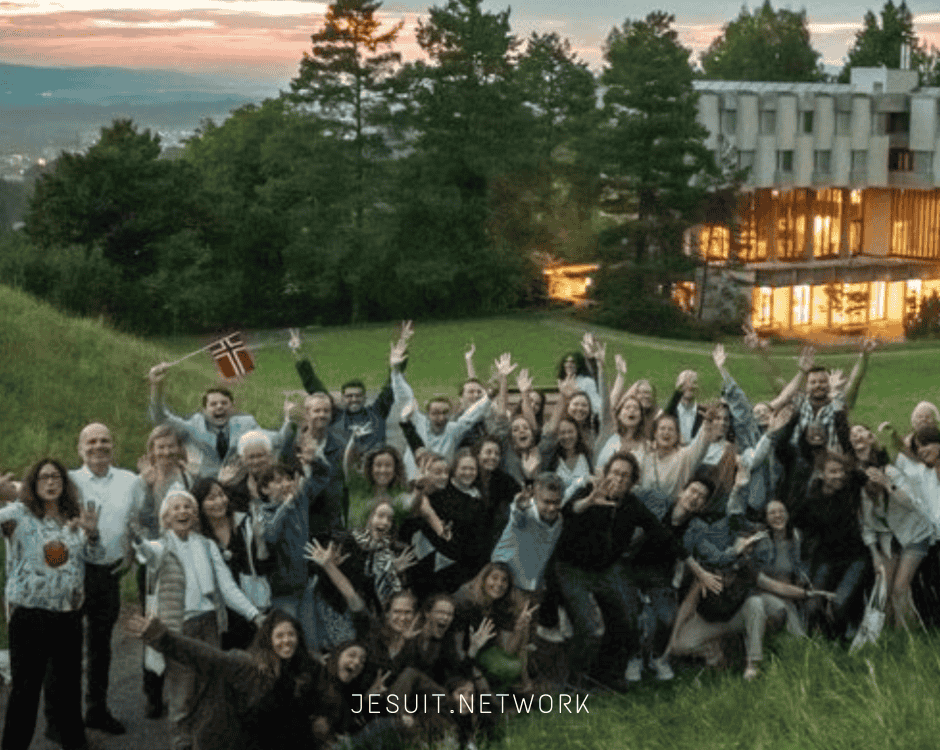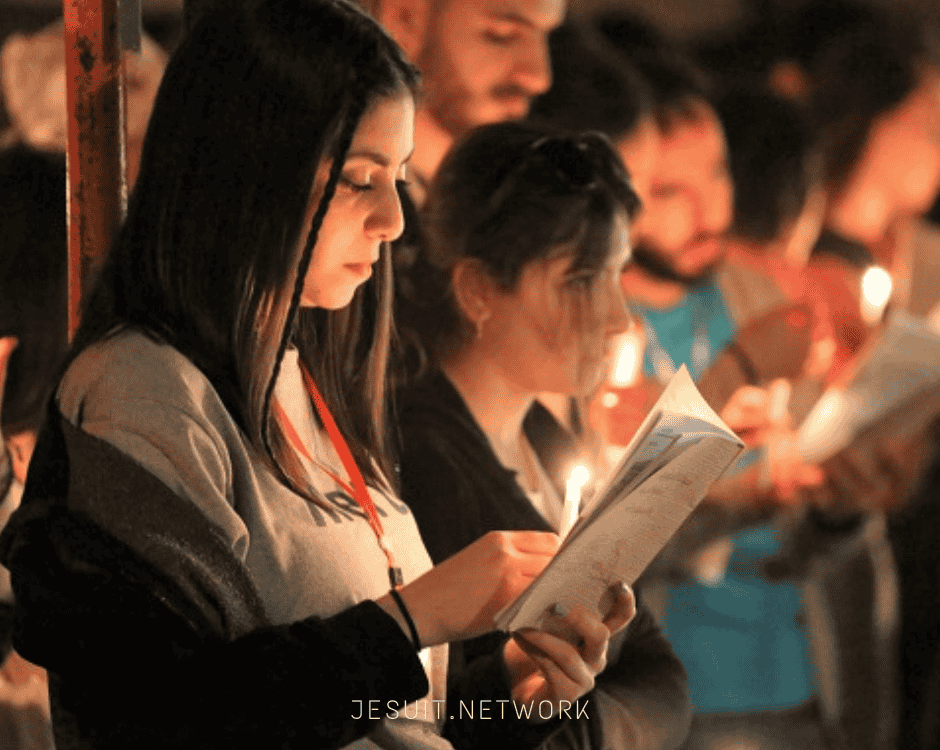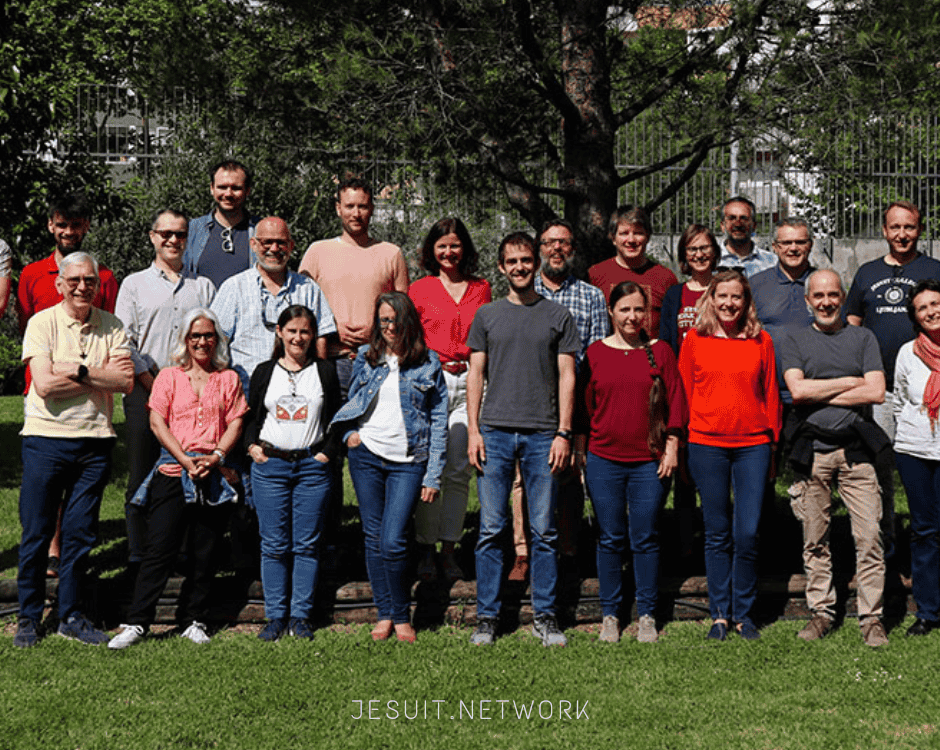This website uses cookies so that we can provide you with the best user experience possible. Cookie information is stored in your browser and performs functions such as recognising you when you return to our website and helping our team to understand which sections of the website you find most interesting and useful.
New Delegates of Spirituality Network in Europe
Although there are more than twenty organised networks in the European Conference, only one was devoted to Ignatian Spirituality, the network of Spirituality Centres, with an attention restricted, however, to the activities of the many Jesuit retreat houses. Recent developments emphasised the foundational importance of Ignatian Spirituality: the first of the four UAPs, indispensable for the vitality of the all the others; the reactivation in Rome of the Secretariat for the Service of Faith; and the many references, direct and indirect, of Pope Francis to central themes of Ignatian Spirituality. The Apostolic Plan of the JCEP elected Ignatian Formation as one of the calls to be addressed at the Conference level. Indeed, these are good times for Ignatian Spirituality. They make clearer how much Ignatian Spirituality is a treasure we are responsible to develop and offer to all.
To respond to that, the European Provincials decided “to create now a new network, formed by one representative from each province/region of the Conference, each bringing a broader overview knowledge of everything that is going on in the field of Ignatian Spirituality in his province/region. This more focused group will have, thus, the capacity to evaluate and reflect on the ways Ignatian Spirituality is being offered all around the European Conference and may explore ways to disseminate good practices, plan possible common initiatives, work together in the formation of new agents, etc.”

The network had its first meeting online, one year ago, in March. James Hanvey, Secretary for the Service of Faith, was present and encouraged better coordination and the opening of spaces for reflection, for deepening the spiritual dimensions of the UAPs and bringing spirituality to the frontiers of secularisation, peace, ecology and synodality.
But this year, last january, the new JCEP Network of Delegates for Spirituality had its first presential meeting in Rome, in the General Curia, invited by the Secretary for the Service of the Faith.
The main topic was Secularization, and to help the group reflect on it, Cardinal José Tolentino Mendonça, Prefect of the Dicastery for Culture and Education, offered a deep reflection, full of very suggestive insights and new ways of looking at things, on the challenges faced by the Church and how it must respond to the new epoch in which we now live.

Father General also met the delegates. He gave a summary of the milestone developments in the life of Society since the last General Congregation and explained what is ahead, especially the Congregation of Procurators in May.
At the end of this part of the meeting, James Hanvey shared his only reading of the phenomenon of secularisation.
After these inputs, our way of seeing secularisation lost many of the negative traits we are used to associate with the concept. Yes, it is challenging, a call to live in uncertainty and precariousness, as a little flock with a discrete presence in the world. But it is not threatening, it is rather exciting, a call to let ourselves be led by the Spirit, looking to collaborate with the active God very much present in all these realities, even if in a hidden way.
There was time for an extended sharing about how each province is living the first Universal Apostolic Preference, the strengths and weaknesses of the spirituality apostolate in each context and the hopes for the promotion of Ignatian Spirituality by the Society.
Finally, the delegates planned the future of the network: next meetings and ways to go forward.
A visit to the Church of the Gesù, passionately guided by a Jesuit scholastic Michael Mohr, member of Pietre Vive (Living Stones), was a very consoling element of our days in Rome.





